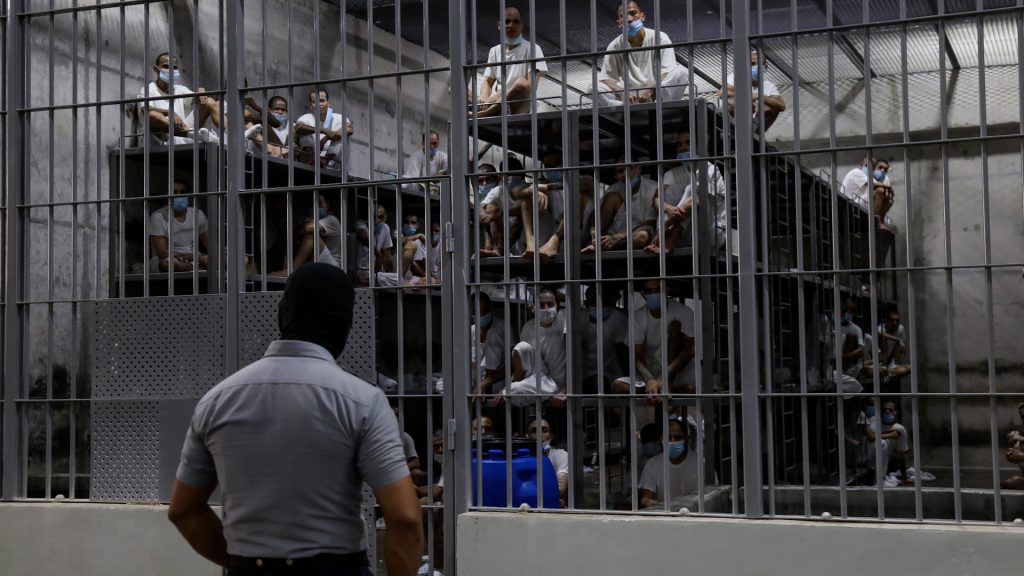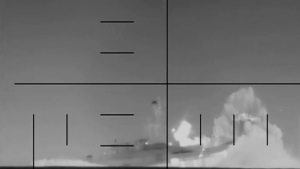Trump-appointed judge rejects use of Alien Enemies Act

A federal judge in Texas has barred the Trump administration from using the Alien Enemies Act (AEA) to deport Venezuelan migrants accused of gang affiliations. The ruling applies to the Southern District of Texas, including cities such as Houston and McAllen, and represents the first permanent legal rejection of the administration’s invocation of the 1798 wartime statute.
U.S. District Judge Fernando Rodriguez Jr., a Trump appointee, issued the injunction on May 1. In his opinion, Rodriguez ruled that the proclamation exceeded the legal scope of the AEA. He said the U.S. used the law during wartime against enemy nationals and not for peacetime removal of individuals accused of domestic criminal activity.
What was the judge’s reasoning?
Rodriguez determined that allegations of criminal behavior, even involving violent gangs such as Venezuela’s Tren de Aragua, do not constitute an “invasion” or “predatory incursion” under the historical meaning of the AEA. His interpretation supported arguments made by the American Civil Liberties Union, which represents several detainees in the case.
The ruling does not block deportations under broader immigration laws like the Immigration and Nationality Act. However, it suspends use of the Alien Enemies Act for removals within the jurisdiction.
Who has it affected so far?
According to NPR and Reuters, the Trump administration has deported more than 130 Venezuelan men under the AEA to a high-security prison in El Salvador. Some of those men and their families deny any gang involvement, claiming the administration removed them without allowing a court challenge.

Drone footage recently captured detainees at a facility in Raymondville, Texas, spelling “SOS” in the yard. Some told reporters they feared being sent to El Salvador’s Terrorism Confinement Center, where previously deported individuals are held under strict conditions.
How has the administration responded?
White House spokesperson Kush Desai defended the policy in a statement to Reuters, asserting that Trump’s electoral mandate includes the removal of what the administration refers to as “terrorist illegal aliens.” The Department of Homeland Security said at least two of the individuals featured in news reports had prior criminal records or had admitted gang affiliations.
The administration maintains that deportations are not canceled — only on hold — while legal proceedings continue.
What’s next in the legal process?
The 5th U.S. Circuit Court of Appeals, a jurisdiction considered among the most conservative in the country, will likely appeal the case. Legal experts cited by Reuters said the case could eventually reach the U.S. Supreme Court.
The high court has already ruled that the Trump administration must allow migrants deported under the AEA to contest their removal in court. However, it did not specify how much time the administration must give migrants for legal challenges.





